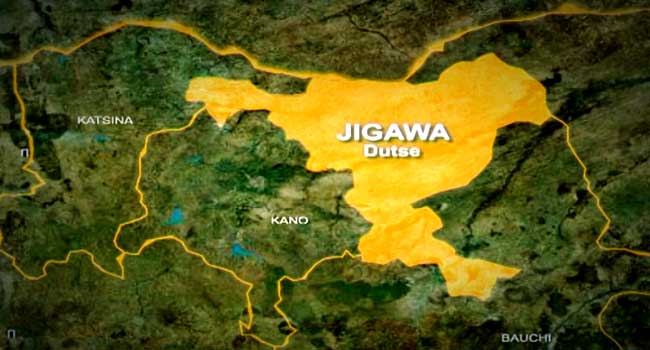Jigawa State has taken a groundbreaking step in the fight against malnutrition by pledging to allocate at least one percent of its annual budget to nutrition starting from 2026.
This historic commitment, if realised, could serve as a model for other Nigerian states grappling with similar challenges.
The announcement was made yesterday during the second day of a high-level meeting on “Improving Nutrition through Local Government Committees on Food and Nutrition,” held in Kaduna. The event was jointly organised by the Jigawa State Government in collaboration with UNICEF.
Top government officials and UNICEF representatives underlined the vital importance of investing in nutrition—not only as a life-saving measure but also as a key driver of the state’s long-term economic development.
Hon. Mas’ud Abdurrahman Naruwa, Chairman of the House Committee on Nutrition in the Jigawa State House of Assembly, described the commitment as “a promise to the next generation.” He stressed that “nutrition is not just a health issue; it is an economic driver. Healthy children grow into productive citizens who can propel our state forward.”
Hon. Naruwa revealed that each member of the House of Assembly had personally contributed N10 million to support nutrition initiatives in their constituencies, amounting to a total of N300 million for 2025. “This is just the beginning, by the grace of God,” he added.
He further disclosed that at a UNICEF seminar held in Lagos, Jigawa pledged to work towards allocating 1% of its budget to nutrition. The state is already close to this target, with N4.7 billion earmarked across various ministries and agencies for nutrition-related programmes in 2025. “By 2026, we are determined to make 1% a standing allocation,” Hon. Naruwa affirmed.
Also speaking, Hon. Sibu Abdullahi, Chairman of the Association of Local Government of Nigeria (ALGON) and head of Jigawa’s Local Government system, emphasised the readiness of local governments to complement the state’s efforts with community-driven interventions.
“Many leaders today suffered from poor nutrition in childhood, which has impacted their performance. We cannot afford to repeat that mistake. That is why we are investing in our children now,” he said.
Hon. Abdullahi praised Governor Umar A. Namadi for prioritising health as the state’s second key agenda and pushing nutrition to the forefront of development plans.
He noted that local governments initially contributed N250,000 monthly to support the Masaki programme—a nutrition intervention engaging about 600 women across Jigawa’s 27 local government areas.
“This contribution has now doubled to N500,000 monthly, all dedicated directly to nutrition. In sha’Allah, from 2026 onward, every local government will allocate 1% of its budget to nutrition. This is a revolution that will reach every ward, every family, and every child in Jigawa State,” he declared.
Dr. Karanveer Singh, Nutrition Manager for UNICEF at the Kano Field Office, sounded an urgent call for collective action, highlighting the severe malnutrition rates in northern Nigeria.
“In Jigawa, Katsina, and Kano states, almost half of all children suffer from chronic malnutrition. Stunting is not just about height; it affects brain development, resulting in stunted bodies and minds—a condition that is irreversible,” he warned.
Dr. Singh emphasised the economic toll of neglecting malnutrition, stating: “Every stunted child represents a lost opportunity for both the state and the nation. Conversely, every child who is properly nourished is an investment in Nigeria’s future growth.”
He concluded by commending Jigawa’s bold initiative and reaffirming UNICEF’s support for the state’s efforts to eradicate malnutrition.





